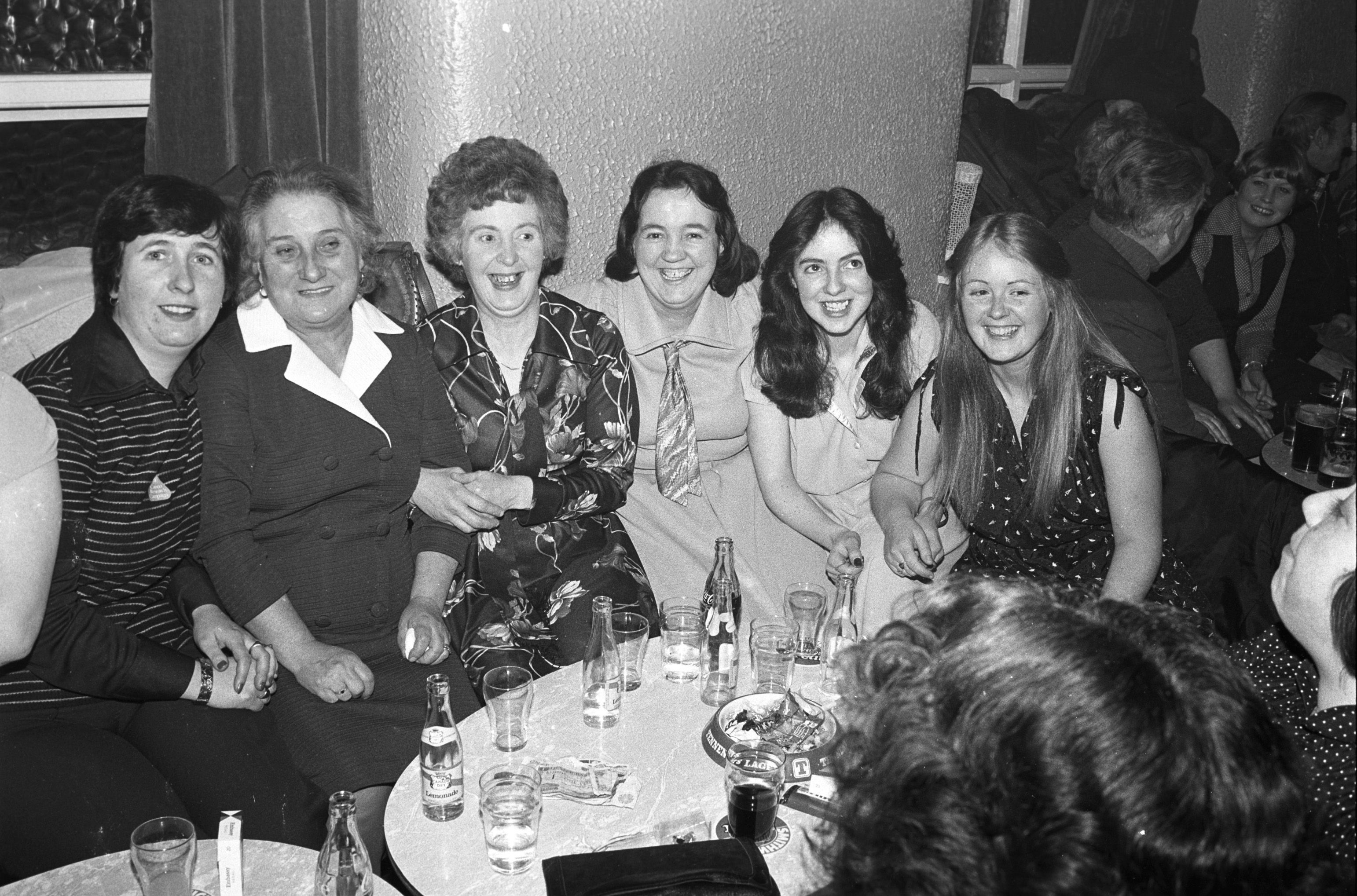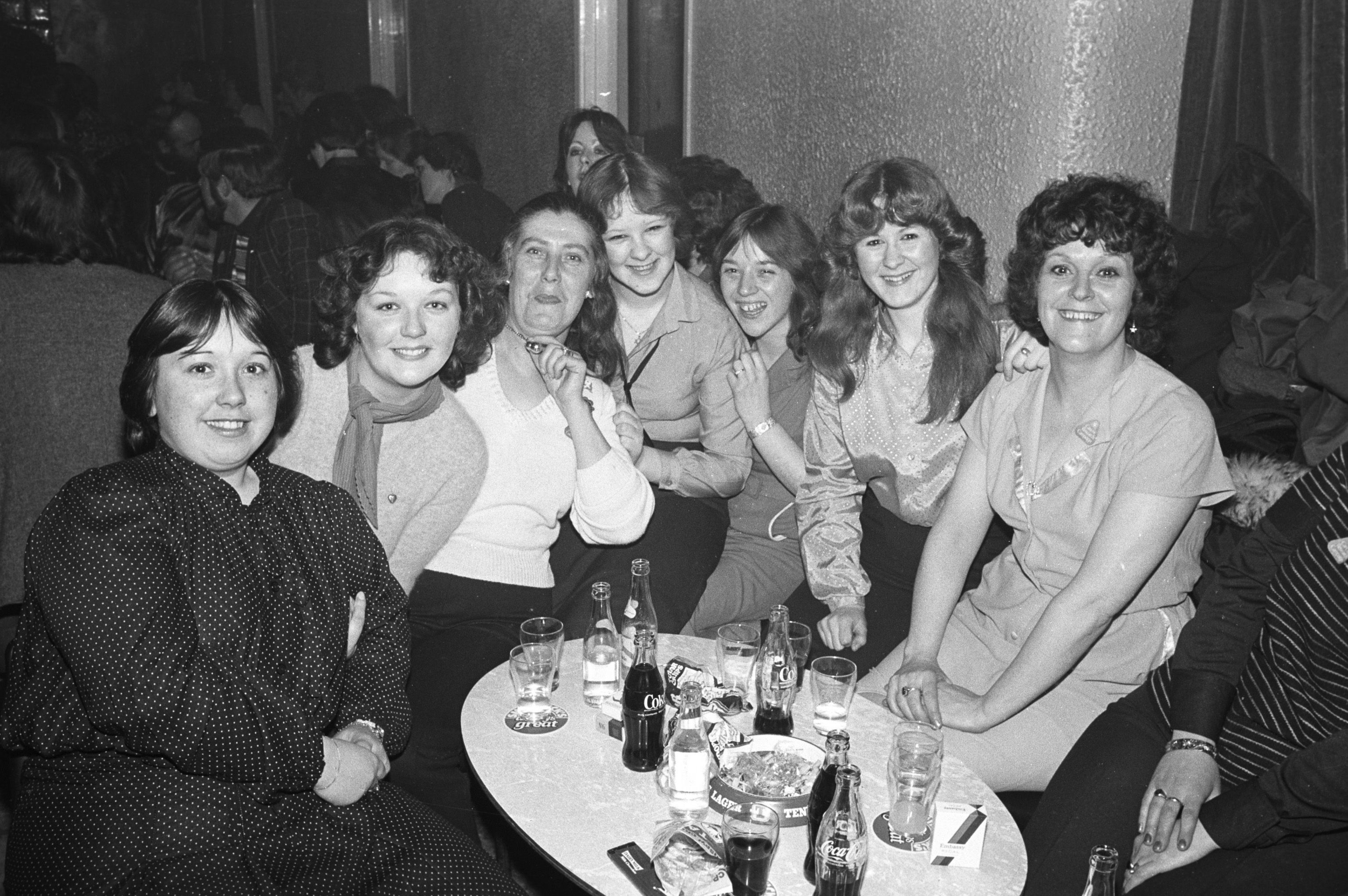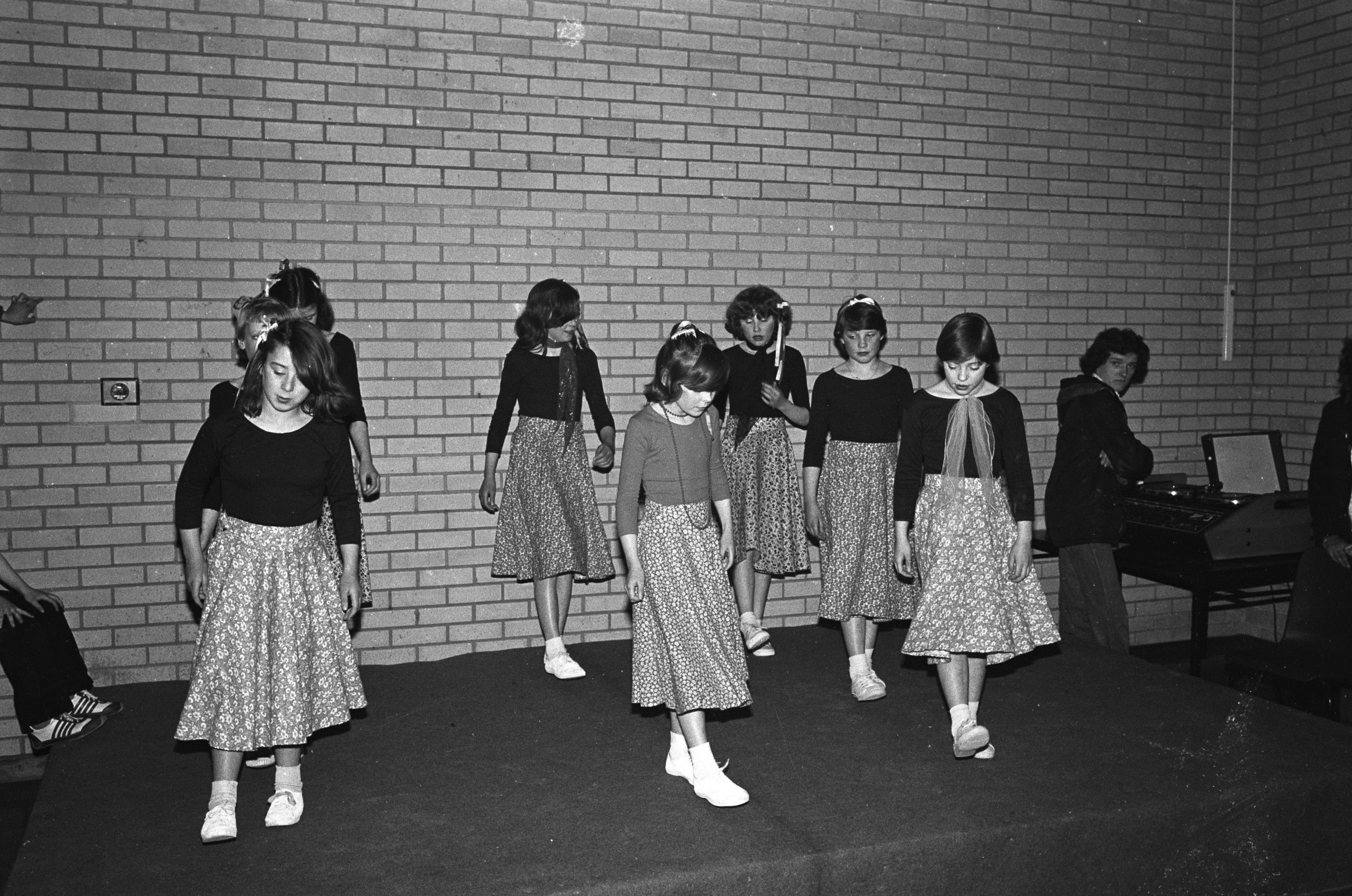We look back at the stories that were making the headlines in the Andersonstown News this week in 1980
Mary Carson, Eileen Boyle, Sadie Gillespie, Kathleen Rafferty, Pat Kane aand Mary Gillespie at the Ardoyne Shamrock Club's cancer fundraiser
Execution on the streets of West Belfast
THIS week another young West Belfast man died at the hands of a British soldier. It turns out he was driving a stolen car, but the British soldier who shot him didn’t know that. He might have been driving his own car. He was shot then for driving at speed through a British army checkpoint in a residential area. Is this what’s in store for any driver in a hurry?
The RUC were quick to report that nine cars were stolen and driven away in such-and-such a period in West Belfast. They issued no figures for any other area. Are they suggesting that cars aren’t stolen in any other area except West Belfast? Or is it only in West Belfast that speeding drivers are shot dead?
If young Paul Mohan had been driving in Bangor, or Ballymena, or Bloomfield Avenue, would he still be alive?
Young boys, or anyone else, shouldn’t steal cars. They place the lives of other people in danger; they’re committing a crime and if detected and found guilty, could be fined, or even imprisoned. And if they happen to live in West Belfast, they won’t get the benefit of an investigation or trial, but will almost certainly be shot dead by whatever gunmen happen to be manning the checkpoints. It’s a form of ‘summary execution’, beloved of our more ‘liberal’ politicians. That’s the stark, savage, reality in our unfortunate area today.
Another local family has been bereaved, the third after the same fashion in a matter of months. We offer our sympathy to the dead boy’s family, and hope that his friends will make a full recovery. And we appeal to young people not to engage in what may seem to them to be a bit of a lark or adventure. It places other lives in danger; it’s wrong and a crime; and while gunmen, with a roving licence haunt our streets, it can be deadly dangerous.
Colette Boyle, Joanne Downey, Teresa Hannigan, Agnes and Kathleen Lynch, Therese Rafferty and Briege Larkin
Special Branch men slammed
THE decision by Crown Court Judge Basil Kelly to clear Turf Lodge man Edward Brophy of the La Mon fire-bomb killings, has caused considerable unease in the RUC Special Branch.
After a long and exhausting trial, in which Brophy spent ten days in the witness box, the inconsistencies in the Special Branch evidence was highlighted, time and time again, as the judge asked for clarification of the RUC evidence, as the defence lawyers brought to light the gross inaccuracies in the Crown case.
The decision by ex-Unionist Attorney General Basil Kelly to clear Brophy in what amounted to a direct conflict of evidence between accuser and accused, is interpreted in legal circles as a significant step forward in the battle to sop the RUC ‘conveyor belt’ convictions by confession only.
At the moment, 90 per cent of all ‘political’ convictions are obtained by verbal or written confessions.
The world-wide publicity given to this astonishingly high confession rate, is now beginning to bite into what little credibility the judicial system has left, and this latest decision is seen as an attempt by Judge Kelly to distance himself from the wilder excesses of the RUC Special Branch.
Informed sources believe that the Special Branch have grown careless in their fabrication of evidence because of the ease of convictions over the past couple of years. They also state that a top level investigation is already taking place, to find out how such ‘sloppy’ and unco-ordinated evidence was presented in such an important case.
The RUC conviction rate depends almost entirely on snippets of information obtained from an accused person, and then ‘dovetailed’ to make a credible confession. This being the case, it is unlikely that they will let another La Mon type confession go to court in the near future.
Springhill Housing Action Committee at the new Community Centre in Springhill Avenue. John McDonald, George McKenna, Bobby Murphy, Arthur Matthews, Martin Hanna, Billy Deans, Pat Doherty, Mickey McAllister, Paddy McDonald, Paddy Lowe, Jimmy Dougal and Tony Murphy
Tackling the alcohol problem head-on
FROM the Felons to Frames, that’s the area covered by the Andersonstown Clubs and Pubs Association and includes seven clubs, eight pubs and six off-licences.
The aim of the Association is to prevent troublemakers who are barred from one establishment, going to any other member in the group.
At their meeting last Monday night, the problem of under-age drinking was raised. The particular problem was that of older people buying drink for juveniles who wait outside for this reason.
Anyone found guilty of aiding under-age drinking will also be barred from the Association’s premises and anyone who sees this going on should inform any of the group’s representatives.
The selling of cider is another problem and it is now a consideration that off-licences do not stock this drink, which is a favourite of young people. It is now necessary to produce a birth certificate to buy drink within the group, yet this also can be contravened by those determined enough.
The group is determined to improve drinking habits in Andersonstown, and there are feelers out to local clubs to close down for a limited period on Sundays.
Tony Keenan, Chairman of the North Belfast Cancer Research Committee, with David Twigg and Dr Gerard Lynch from Montgomery House, at the Shamrock Club Ardoyne cancer fundraiser








